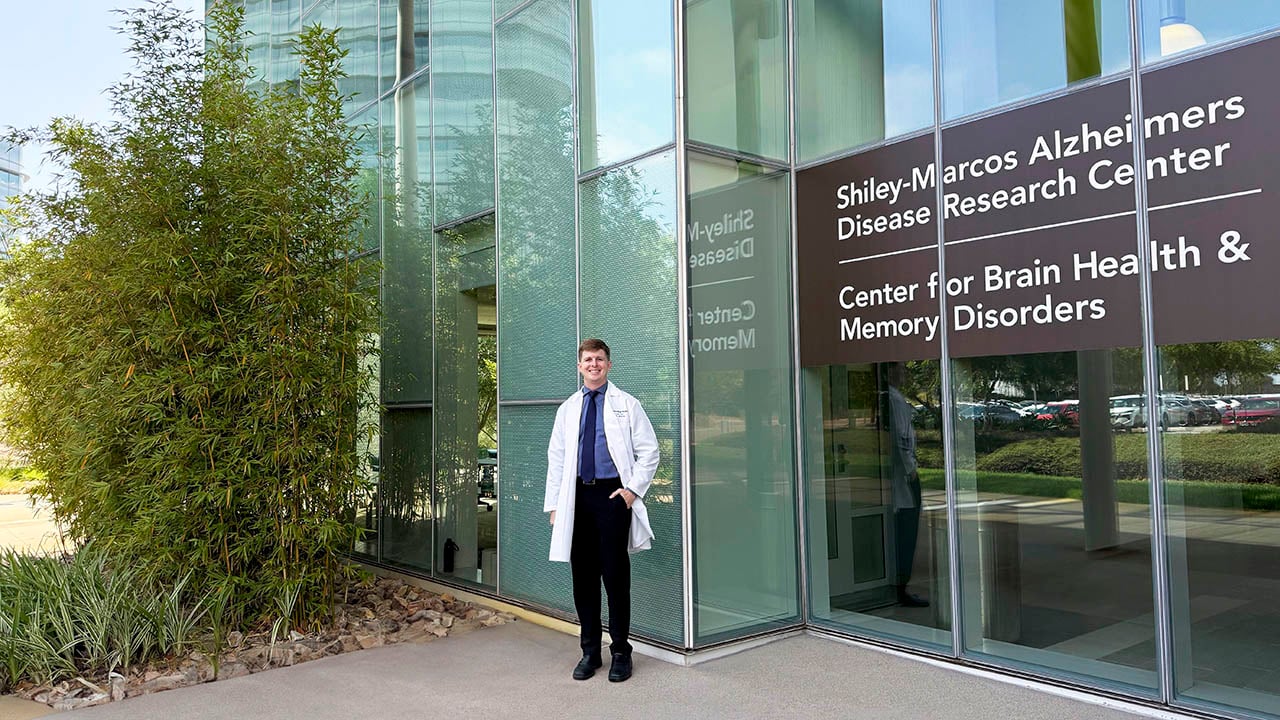Nutrition & Cancer Prevention
Numerous studies have linked nutritional factors with a risk for developing several types of cancer and as a risk for recurrence and likelihood of survival when someone has developed cancer.
The cancers most strongly associated with nutritional factors include cancer of the breast, prostate, colon and rectum, oral cavity, lung, endometrium, and cervix.
Nutritional factors include:
- Relative body weight
- Essential nutrients, including protein, vitamins, and minerals
- Other compounds in foods that are not nutrients but have biological effects
Scientists agree that current evidence supports the following basic nutritional guidelines, as summarized by the American Cancer Society, below.
Achieve and Maintain a Healthy Weight Throughout Life
- Be as lean as possible throughout life, without being underweight.
- Avoid excessive weight gain at all ages. For those who are overweight or obese, losing even a small amount of weight has health benefits and is a good place to start.
- Get regular physical activity and limit intake of high-calorie food and drinks as keys to help maintain a healthy weight.
Adopt a Physically Active Lifestyle
- Adults: Get at least 150 minutes of moderate activity or 75 minutes of vigorous physical activity each week, preferably spread throughout the week.
- Children and teens: Get at least one hour of moderate or vigorous physical activity each day, with vigorous activity on at least 5 days a week.
- Limit sedentary behavior such as sitting, lying down, watching TV, and other forms of screen-based entertainment.
Eat a Healthy Diet, with an Emphasis on Plant Sources
- Choose food and drinks in amounts that achieve and maintain a healthy weight.
- Limit how much processed meat and red meat you eat.
- Eat at least 2.5 cups of vegetables and fruits each day.
- Choose whole grains instead of refined grains.
- If you drink alcohol, consume no more than 1 drink per day for women and 2 drinks per day for men.
Medical Disclaimer
Note: These are potential resources you may find helpful. This is not an exhaustive list nor an endorsement of any group. Contact organizations directly for details, and consult your treatment team if you have any questions or concerns about using one. These resources do not take the place of your treatment team. We update this list regularly, but if any resource is no longer available or missing from this list, please let us know at MCCSupportServices@health.ucsd.edu.
Location
Before You Can Make an Appointment
Before you can meet with a dietician, you must first obtain a referral from your oncologist, then call 858-822-6100.



